Here is our guide to medicinal and healing plants found in the UK and how they might help to cure common ailments. However always seek professional medical advice if you have any medical concerns
English Marigold, Calendula officinalis
The English Marigold is a familiar sight with its pale green leaves and bright orange flowers, but it has a few more benefits than just looking pretty. Herbal healers have used the flowers for centuries as a remedy to a multitude of skin problems. For example, a dried Marigold flower can be rubbed onto an insect bite or sting to help reduce the pain and swelling.
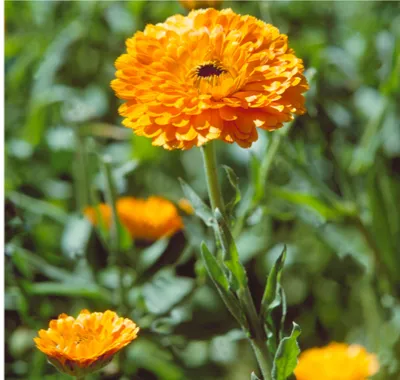
Lady’s Mantle, Alchemilla vulgaris
This member of the Rosaceae family grows abundantly in wild meadows, especially in northern parts of the UK. The astringent properties of this flower allow it to treat a range of conditions from muscle spasms to cuts and wounds. However as the name suggests, traditionally it was a ‘lady’s’ herb and mainly used to relieve maladies associated with women.
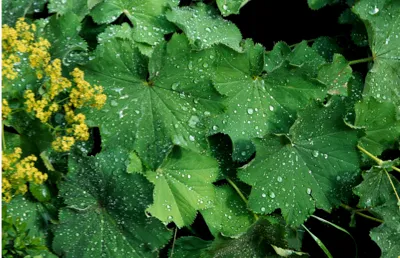
Elder, Sambucus nigra
You’ve probably tried elderflower in a tasty summer cordial but these flowers can be used for much more. The flowers have both anti-septic and anti-inflammatory effects, so country folk have been using them in home-remedies for centuries. A mix of elderflower and water can be used to alleviate symptoms of anything from the common cold to some forms of arthritis.
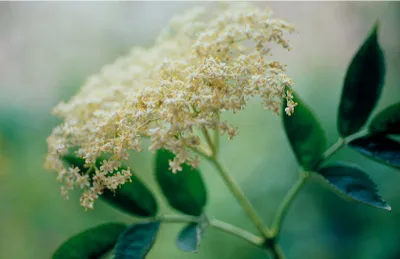
Stinging Nettle- Urtica dioica
Put off by their nasty sting, most people overlook the health benefits of the Nettle, despite the fact it has less side effects than prescribed medications. Historically, the aerial parts of the plant were used as natural anti-histamine to combat allergies. However, the nettle has been increasingly studied and potential new uses include treating Alzheimer’s disease.
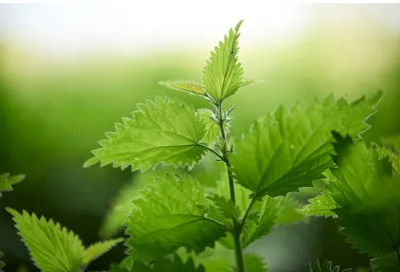
Evening Primrose, Oenothera biennis
Introduced to the UK in the 1600s, the oil derived from the leaves of this plant contains the pain-relieving compound phenylalanine. This gives Evening Primrose remarkable healing properties.
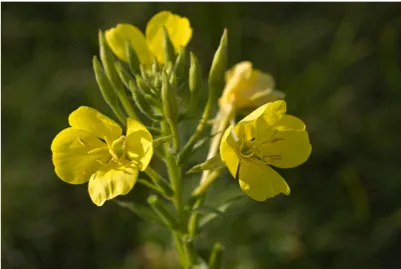
Feverflew, Tanacetum parthernium
Part of the daisy family, this traditional herbal medicine has been highly commended for its preventative treatment of migraines. Feverflew is effective as it treats both the cause of the headache and the associated symptoms. Some studies have even shown that regular intake of Feverflew medicine can reduce the frequency of migraines altogether.

